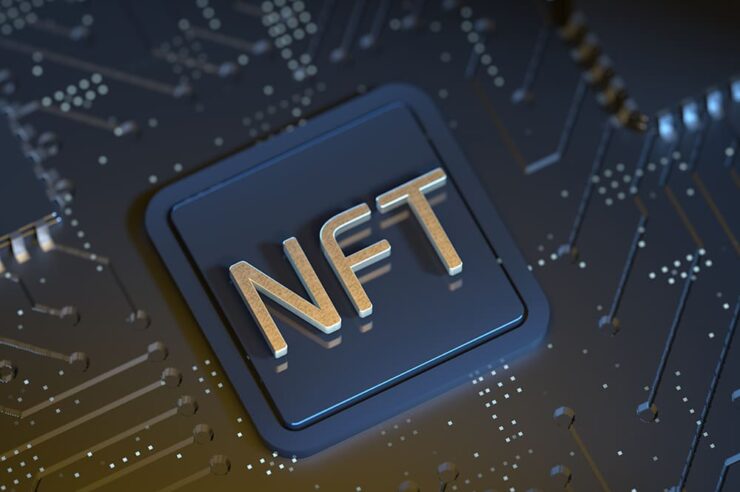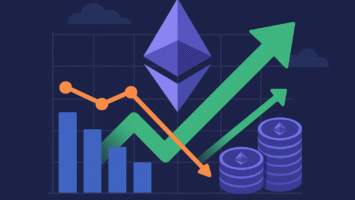Non-fungible tokens (NFTs) have taken the world by storm, offering a new way to buy, sell, and own digital assets. This article dives into the niche world of NFTs, exploring their definition, technology, use cases, and their impact on various industries.
The Essence of NFTs
NFTs are unique digital tokens representing ownership of a specific item or piece of content. Unlike cryptocurrencies like Bitcoin or Ethereum, NFTs are indivisible and cannot be exchanged on a one-to-one basis. Each NFT has a distinct value and is indivisible.
Blockchain Technology in NFTs
NFTs rely on blockchain technology to function. Blockchain ensures the uniqueness and ownership of these digital assets by recording transactions on a decentralized ledger. Ethereum’s ERC-721 and ERC-1155 standards are among the most common for creating NFTs.
NFT Use Cases
NFTs have a variety of applications:
- Digital Art: NFTs have transformed the art world by enabling artists to create, sell, and trade digital artworks. Artists receive royalties on future sales, enhancing their income.
- Collectibles: Digital collectibles are a popular NFT category, including virtual trading cards, game items, and unique virtual pets. Collectors can own and trade these digital items with proof of authenticity.
- Gaming: NFTs are revolutionizing the gaming industry by allowing players to own in-game assets and characters. Gamers can buy, sell, and trade their NFT-owned items, creating a player-driven economy.
- Virtual Real Estate: Virtual worlds such as Decentraland and The Sandbox offer virtual real estate, which is bought and sold as NFTs. Virtual landowners can develop their properties and monetize them.
NFT Impact on Industries
NFTs are disrupting numerous industries:
- Art: NFTs offer artists new revenue streams and protect their intellectual property rights. Galleries and auction houses are also exploring NFT art sales.
- Gaming: NFTs have transformed gaming economies, allowing players to have true ownership of in-game assets. Game developers benefit from a secondary market and increased player engagement.
- Music: Musicians use NFTs to release music, tickets, and exclusive content directly to fans. NFTs enable artists to capture a larger share of their work’s value.
- Real Estate: Virtual real estate NFTs provide an entirely new investment avenue, allowing people to buy, sell, and develop digital properties.
Challenges and Criticisms
NFTs are not without challenges:
- Environmental Concerns: Like other blockchain technologies, NFTs have raised concerns about energy consumption, particularly for cryptocurrencies like Ethereum. Energy-efficient blockchains are being explored.
- Copyright and Plagiarism: NFTs have faced issues of copyright infringement and plagiarism, raising questions about the verification and originality of digital assets.
- Market Speculation: The NFT market has seen speculative behavior, with some items selling for exorbitant prices, leading to concerns about a potential bubble.
The Future of NFTs
NFTs are a niche but rapidly evolving market. The future holds exciting possibilities, from tokenizing real-world assets like real estate to using NFTs for proving authenticity of physical goods. The development of more eco-friendly blockchain solutions and a greater focus on verification and authenticity are likely to shape the future of NFTs.
Conclusion: The Niche of Ownership
NFTs have ushered in a new era of digital ownership, allowing individuals to possess unique digital assets and create innovative economies within various industries. As NFT technology continues to advance and gain acceptance, the niche of ownership will expand, impacting the way we perceive, trade, and invest in digital collectibles and unique content.



